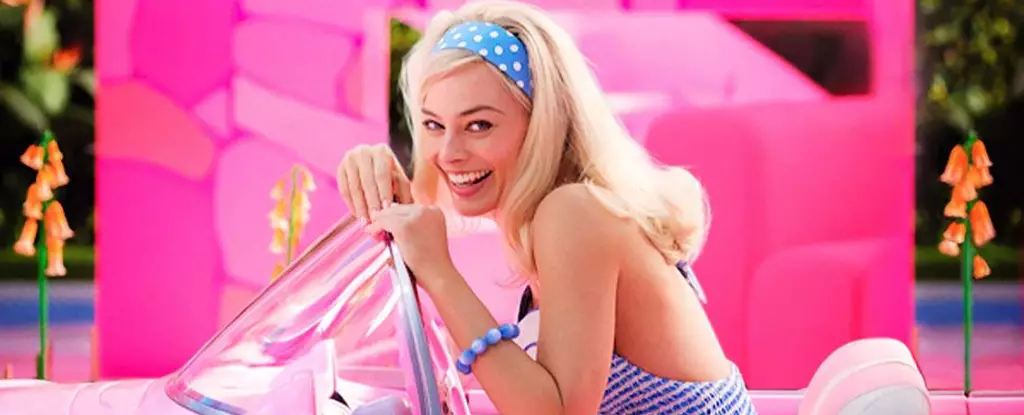Popular culture has always had a significant influence on society, shaping trends, beliefs, and behaviors. In recent years, researchers have been exploring how popular media, such as movies and television shows, can impact healthcare seeking behaviors. One such example is the ‘mic drop’ joke in the final scene of the Barbie movie, which prompted a new study on its real-world impact.
The Barbie Effect: A Closer Look
The final line in the Barbie film, where Barbie enthusiastically announces she is there to see her gynecologist, sparked a wave of interest in gynecologic care among viewers. A study conducted by Eva Sénéchal and her colleagues found a significant spike in internet searches related to gynecologists following the film’s release. This suggests that popular media can influence public interest in healthcare topics and potentially encourage individuals to seek necessary medical care.
While the increase in searches for gynecologic care is a positive sign, it is important to note that looking up information online is just the first step in seeking specialized healthcare. The study did not track whether individuals actually followed through with making appointments or attending check-ups. Without this data, it is unclear if the ‘Barbie effect’ translated into tangible improvements in health outcomes for viewers.
The Angelina Jolie Effect
The impact of popular culture on healthcare behaviors is not a new phenomenon. The ‘Angelina Jolie effect’, where referrals for genetic counseling and testing doubled after the actress went public with her mastectomy decision, is a prime example. Just like Jolie’s disclosure raised awareness about genetic testing, the Barbie movie may have had a similar effect on gynecologic care.
In addition to influencing healthcare seeking behaviors, popular culture can also shape body image perceptions. Barbie dolls, known for their unrealistic body shapes, have been shown to impact young girls’ views on beauty and appearance. While research on the link between Barbie dolls and body image is mixed, it is clear that external factors like family, friends, and media play a role in shaping individuals’ self-perception.
Unpacking the Influence of Popular Media
Despite the valuable insights gained from studies on the impact of popular culture on healthcare and body image, there are limitations to consider. Trends in internet searches only provide a snapshot of people’s interests and behaviors, without revealing the full context of their lives. Factors like age, health status, and personal experiences are crucial in understanding how individuals interpret and act upon the messages portrayed in popular media.
Popular culture has a profound influence on healthcare seeking behaviors and body image perceptions. The ‘Barbie effect’ highlighted in the study by Sénéchal and colleagues sheds light on the power of media in sparking public interest in important healthcare topics. While the full extent of this impact remains to be seen, it is clear that popular media plays a significant role in shaping societal beliefs and behaviors related to health and well-being. By recognizing and analyzing the influence of popular culture, we can better understand how to promote positive health outcomes and realistic body image standards in today’s society.


Leave a Reply